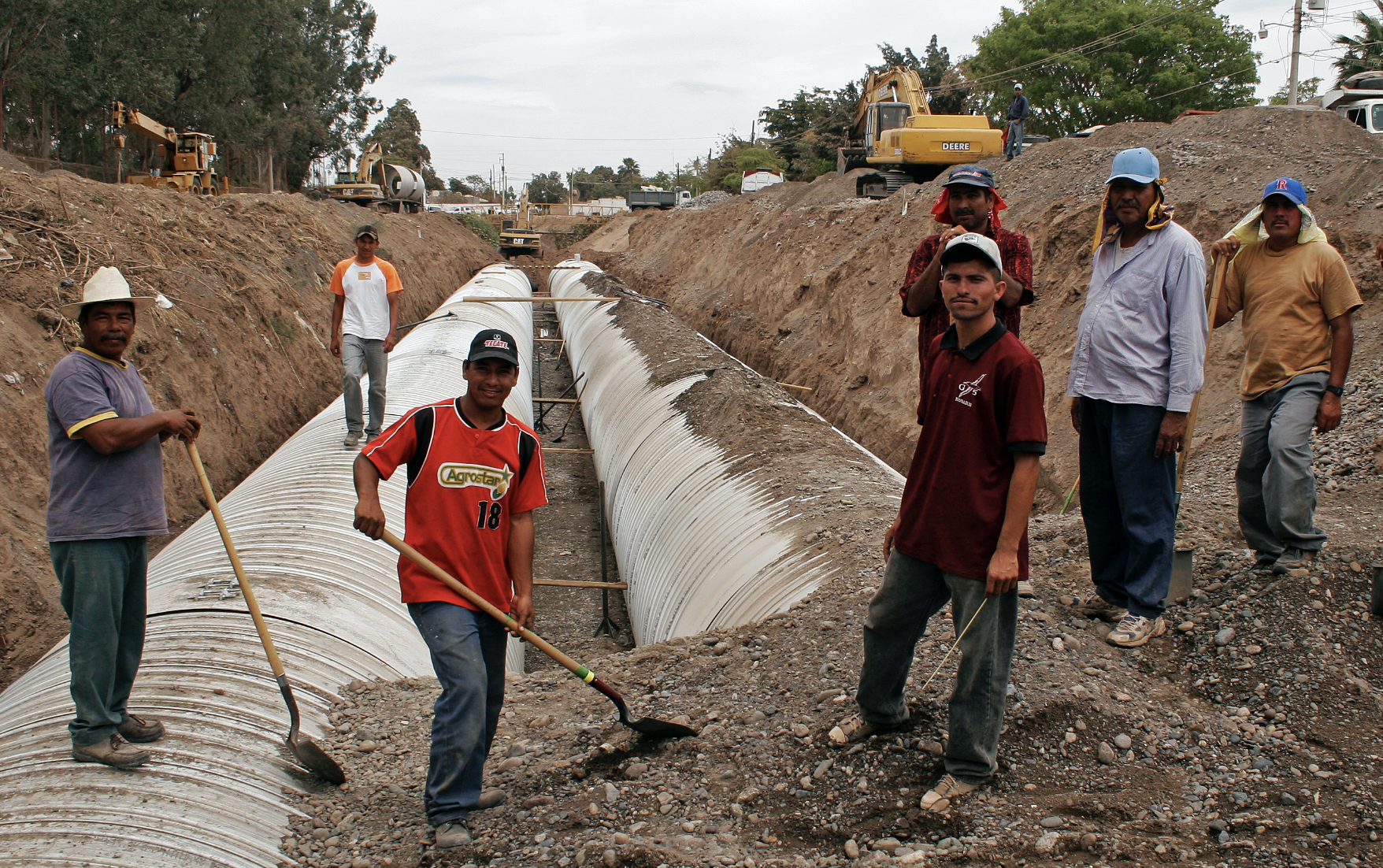The 10th Anniversary of the 9/11 tragedy a week from this Sunday. We will once again see images and recount the horrors of that day, and try in memorial to accept the reality of this world. Most of us don’t encounter death and our own mortality too often. Most of us don’t constantly see suffering, and witness grief and loss.
Please take some time today, or this weekend to remember that the events of 9/11 still bring pain to many. Loved ones are missed, and we can’t gloss over the national tragedy that left a collective hole in our hearts, even ten years later.
This seems a fitting time to discuss an author who is very acquainted with death. It’s his job to be, and his perspective can be very helpful to us. As promised a couple of weeks earlier, the following is my personal interview with blogger and upcoming author Caleb Wilde, a 6th generation Funeral Director, seminary student, husband, and expectant adoptive dad.
My Questions for Caleb:
1. Being a 6th generation funeral director, you have quite a unique vantage point on life, loss, and mortality. How do you think you live life differently than other Christians because of where God has placed you?
Caleb: In traditional religious calendars, the day in-between “Good Friday” and “Easter” is called “Holy Saturday”. “Holy Saturday” is the day the disciples’ hopes and beliefs were engulfed in death and silence, as they viewed their Messiah’s death without the knowledge of the resurrection.
In some sense, I live the life of Holy Saturday.
As funeral directors, we’re paid by families to be a human shield to death, whereby we make death somewhat easier, less real and more proper. As this human shield, I’m affected. I’m affected by the brokenness, by the grief, by the hopelessness I see in faces, by the newly fatherless/motherless children, the tragic deaths and the accidents.
All this has made my personal faith more sensitive to questions of God’s goodness and justice. It’s not easy for me to understand ideas of “eternal hell”, or ideas of “meticulous divine providence” or even “absolute foreknowledge” or “omnipotence”.
Sometimes I wonder if I’m still a Christian.
2. What do people misunderstand most about your work?
Caleb: We’re a lot like pastors. Our jobs are really quite similar, except that one is recognized as “ministry” while the other is “business.” That’s probably the largest misconception … there’s no way funeral directors can meet with grieving families through the most difficult time of their lives and come out on the other side as “business people.”
Everything else is true, though … we are dark and we are odd people.
In ancient times, death practitioners were ostracized from normal society by rule. Today, we’re partly ostracized from the norm of society by practice.
3. The constant stream of customers (people dying, and their families burying them) can make one grow numb or cold toward the concept and process of death and burial. Do things still surprise you or impact you? What kind of things?
Caleb: There’s something so unnatural about death that (save the very old) it’s difficult to become numb.
4. You’ve probably thought about what you’d want your own funeral to look and sound like. Can you tell us about that?
Caleb: About two years ago, I started taking one minute video clips of myself, so that by the time I’m 70, I should have a montage of age progression videos that can be used for my funeral.
I’ve also talked about recording a message from myself to my family and friends that could be shown at my funeral as the eulogy. But, by the time I’m ready to die, I figure they’ll have holographic projections, so I’ll wait for that tech until I record my final goodbye.
5. The saddest funeral I ever went to was for a 13 year old boy who took his own life. What have you learned about people during the time of more tragic circumstances that you’ve been a part of?
Caleb: Funerals/death are a perfect storm: you have death, the inheritance money, high emotions and family you might not like too much who are around you all the time.
Funerals intensify people’s real character. You see the best in people and you see the worst. The bad people will do horrendous things at funerals, like start fights, curse out their family members over money. And you can see Jesus in the good ones.
6. Do you find your work mostly depressing, hopeful, profound, mundane, etc.? Would you recommend this vantage point to others?
Caleb: It’s a tough ministry that has little boundaries. Many funeral homes are also generational, so many of us work with our dads, grandfathers, uncles and cousins, which can make this at-need work that much more difficult to set up healthy boundaries.
Similar to any ministry, I think there should be a passion for death work … a calling of sorts, whereby you know this is what you’re supposed to do. And being a “calling”, few have witnessed this vantage point.
It’s unique.
7. Do you want to stay in the family business? Why or why not?
Caleb: Next question : )
8. Tell us a bit about how you view suffering, pain, and death from your unique perspective…which probably has a lot to do with the message in your book.
Caleb: I’ve built my understanding of God around suffering, pain and death. It’s a local theology. And my understanding of God, suffering, pain and death in light of my faith is the content of my upcoming book, “Confessions of a Funeral Director.” Hopefully, it will be out in less than a year. You can get an idea of how death has affected my view of God at my blog, www.calebwilde.com. My book, though, will contain much more narrative than my blog.
9. What’s your best idea for a Smart Phone app.?
Caleb: I live near Lancaster County (PA), home of the Amish and Mennonites, so there’s a lot of intermarrying in these parts. Not to mention, most of the towns in the rural areas of Pennsylvania have families that have lived there for centuries, so many of them are related.
I have an idea to partner with Ancestry.com and create an app the lets you bump smart phones with another person and it will tell you how you’re related to them. My theory is that this will greatly help the evolution of humans by creating a purer gene pool. The apps name is “Bump it before you Hump it”.

 GUEST BIO:
GUEST BIO:




